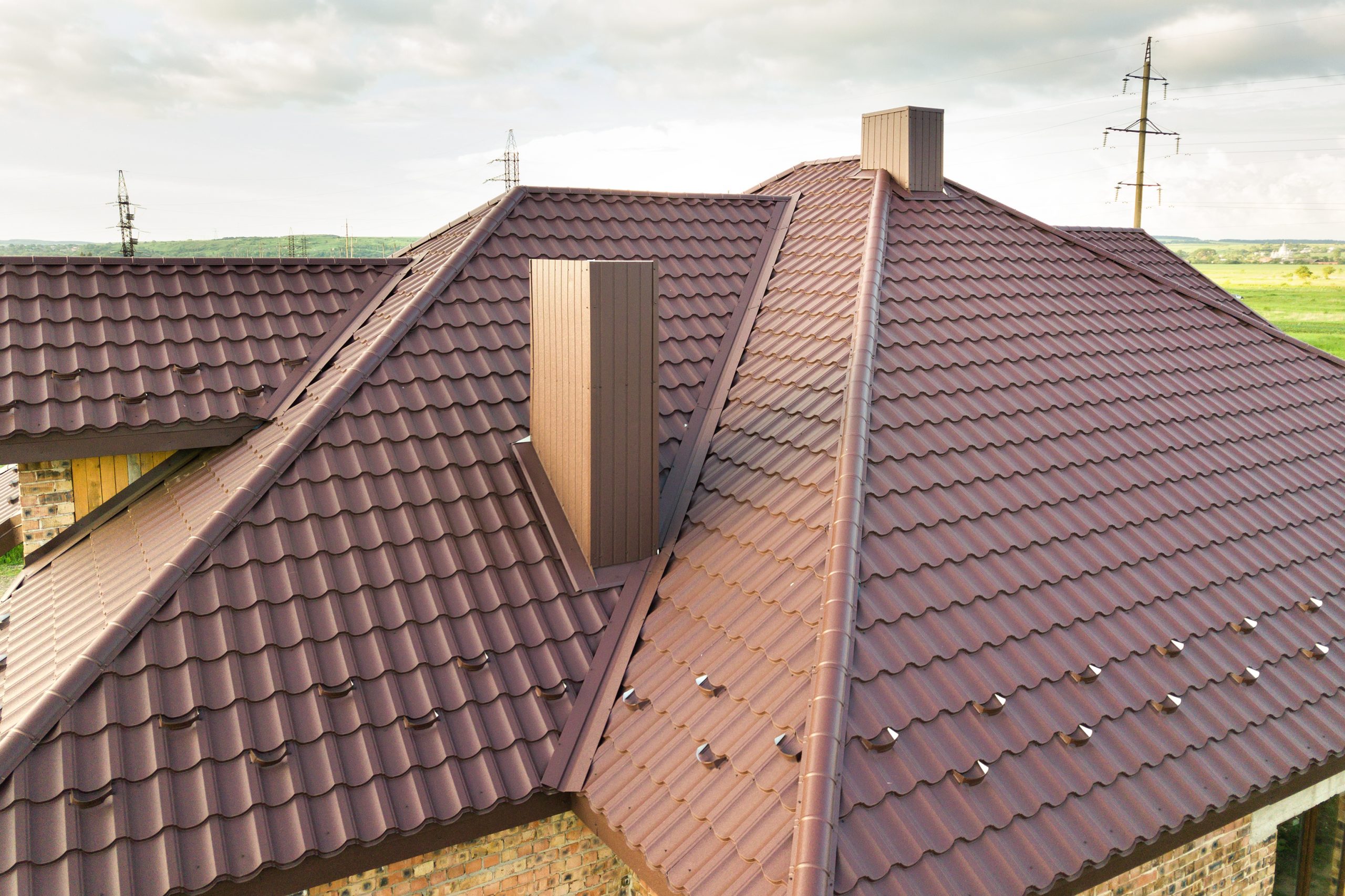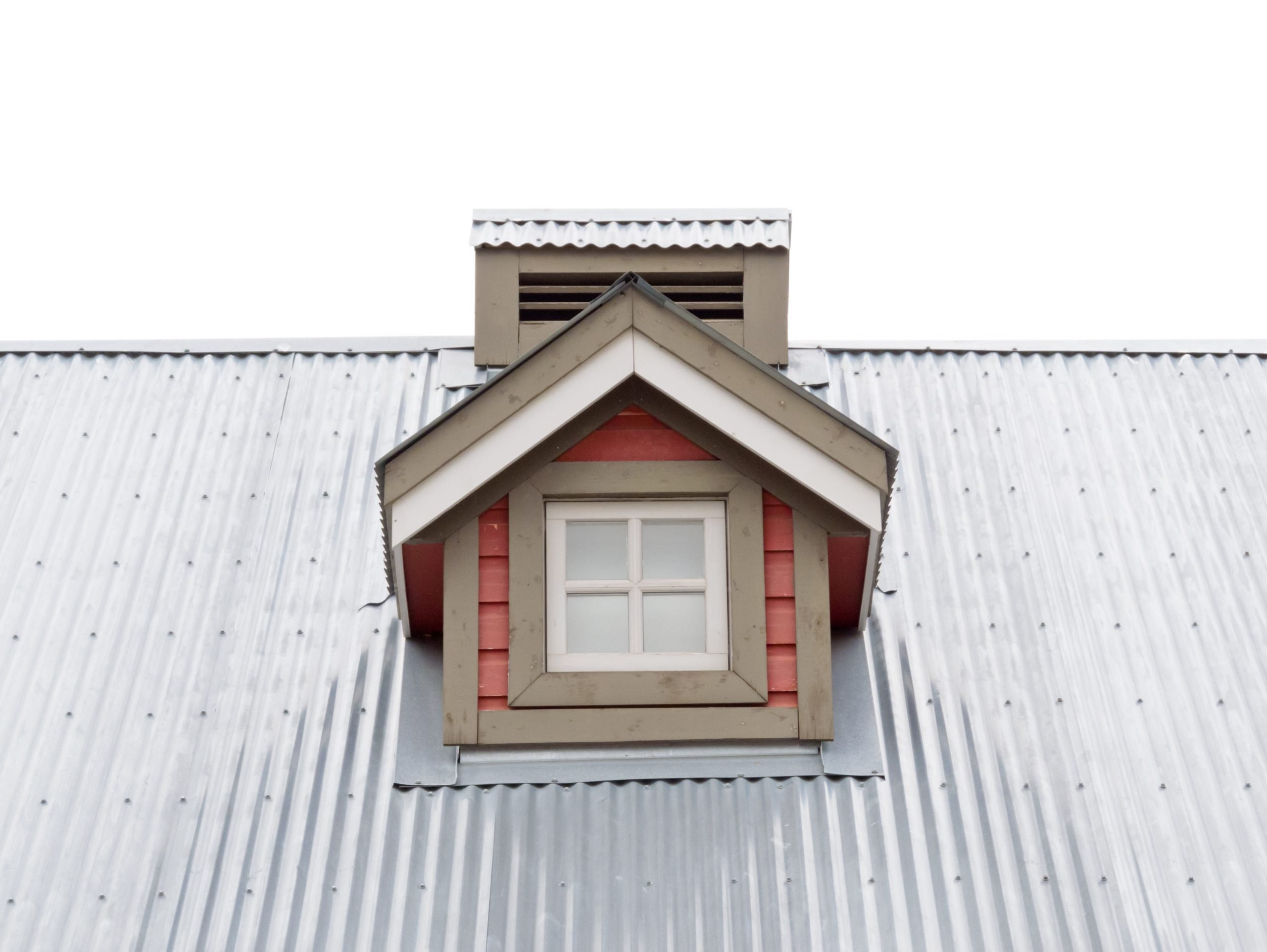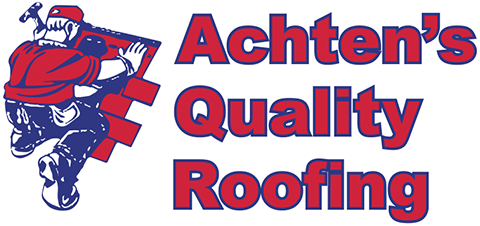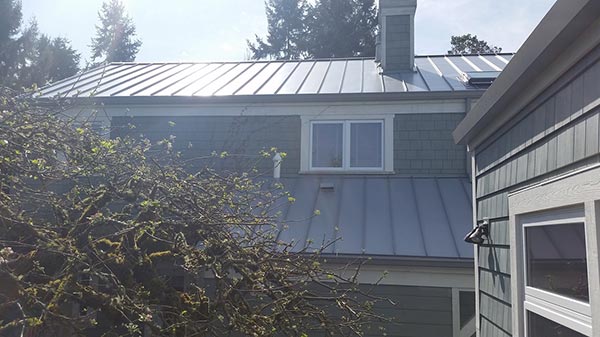Metal roofs can be aesthetically pleasing as well as long-lasting, which is what consumers look for when they are in the market for a new roof. A metal roof can provide many benefits that can outweigh traditional asphalt shingle roofs. When it comes to standing seam metal roofing versus traditional asphalt shingle roofing there are lots of factors to consider.
Benefits of a Metal Roof
One benefit is that metal roofs can last an exceptionally long time because of the strength of the material itself. A well-maintained metal roof can last anywhere from 30 to 70 years depending on the material used.
Another factor of metal is durability. One of the most commonly asked questions is how long will the roof last and how durable it is? Metal roofing can hold to high winds and tends to be better against cracks, erosion and are often more impact resistant.
A third factor, which is particularly important to many people, is energy efficiency. Metal roofs reflect solar radiant heat and that can help reduce cooling costs from anywhere from 10% to 20% on average. For those interested in being environmentally conscious when choosing a roof, metal can also be good because they are often 25% to 95% recycled materials and at the end of their life, they are 100% recyclable.
For all the benefits metal roofs can offer, there are some common misconceptions. Let’s take a look.

Common Misconnections
Noise
Living in the Pacific Northwest means heavy rains and winds during the winter months. This could pose a question for some homeowners considering a metal roof due to the noise factor. People often worry that having a metal roof will mean that there will be a lot of extra noise from the rain. As long as your home is well-insulated, there shouldn’t be any extra noise from the rain hitting the roof than a standard composite roof.
Colder Temperatures
Another concern homeowners may have is cold weather. During cold snaps when it snow and the temperatures drop exceptionally low. Many people think that when there is snow and extremely cold temperatures outside, it will cause the inside of their homes to become colder. Temperature inside your home fully depends on your home’s insulation, and not the type of roofing system you have.
One benefit to having a metal roof in the snow is that snow slides off easily. This is due to the sleek design of metal roofs. This eases your worries about the snow accumulation on top of your roof.

Metal Roofs Attract Lightning
While metal is a conductor, it does not actually “attract” lightning. In the event a metal roof is struck by lightning, the metal works to disperse the energy safely through the structure of your home, and more importantly, metal is noncombustible. We do not often get a lot of lightning here in the Pacific Northwest, but weather-related issues are homeowner’s main concerns when choosing a roofing system.
Damaged Easily by Hail
Another common misconception is that metal roofs are easily damaged by hail during a storm. When hail is large enough, it can damage any roof type, but metal roofing is structurally stronger. Asphalt shingles have weatherproofing granules that can be easily knocked off during a hailstorm. Most hail will not dent or damage metal roofing unless there are extreme conditions.
A metal roof is a major investment, so it’s important to look closely at the wide selection of styles and qualities. Deciding if a metal roof is the best choice for you can be easy for some and difficult for others. Doing your research and knowing what to look for can shorten the process and help you decide what type of roof may be best for you. With the right product and an experienced roofing company, a new metal roof can add to your home’s beauty, comfort and value.
Achten’s Quality Roofing’s dedicated and experienced team of estimators here to help answer any questions you may have. We have extensive knowledge of all types of roofing systems and can work with any budget you may have.


